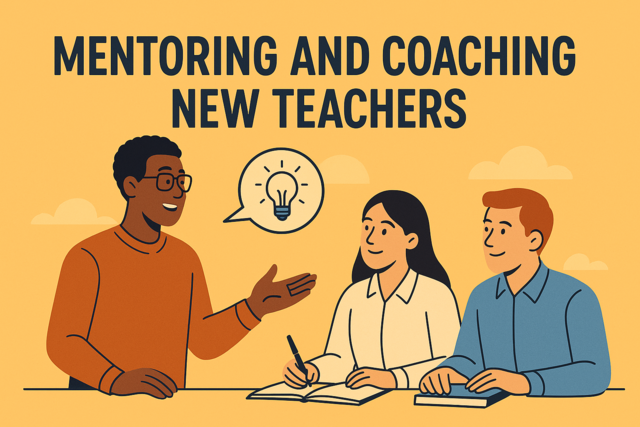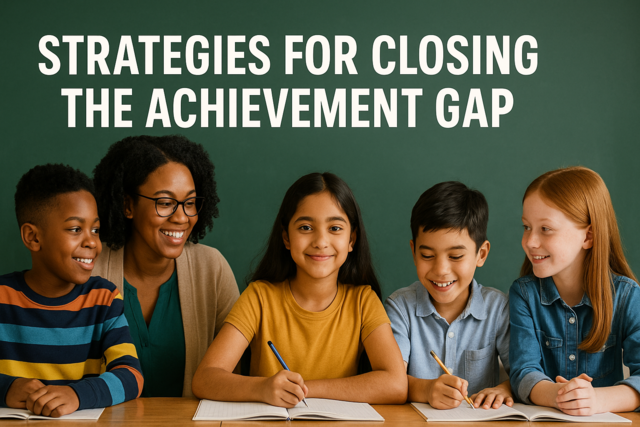Online Class: Implementing School-Wide Literacy Programs

no certificate
with CEU Certificate*
-
15Lessons
-
22Exams &
Assignments -
5Hours
average time -
0.5CEUs
Course Description
In today's rapidly evolving world, literacy is far more than the ability to read and write; it is the foundation upon which meaningful personal, academic, and professional lives are built. "Implementing School-Wide Literacy Programs" isn't just another online course—it's a transformative gateway to revolutionizing the educational landscape of your school. Designed for visionary educators who aspire to create an impact, this course takes you on a journey to understand and implement dynamic literacy strategies that cater to the diverse needs of students in the 21st century.
Imagine walking through the doors of your school and feeling the vibrant hum of engaged learners—each one enthusiastically weaving through stories, critically analyzing texts, and confidently expressing their ideas. This course lights the way to making that vision a reality, empowering you with the skills and insights to enrich your students' literacy skills and, consequently, their lives.
From the very first lesson, you're invited to bridge tradition with innovation, creating a literacy environment that respects the timeless art of reading while embracing modern digital expressions. This is not about replacing old methods with new ones, but about crafting a harmonious blend that speaks to every student's learning style, making education not only inclusive but irresistibly engaging.
Think of this course as a personal guide through the intricate landscape of literacy needs assessments. You'll delve into unique strategies to uncover each student's strengths and areas for improvement, learning to tailor educational interventions that resonate and inspire. It's a holistic understanding that fosters not just literacy, but a deep, enduring love for learning that students will carry throughout their lives.
In a world where digital literacy is no longer optional, you'll learn to utilize cutting-edge tools to enhance accessibility and inclusivity. Picture your students collaborating seamlessly through digital platforms, accessing a global treasure trove of resources, and preparing for futures where digital literacy is paramount. This course equips you to lead them there, preparing them for a world interconnected by technology, where communication and collaboration know no bounds.
Building an inclusive literacy environment transcends academics—it's about fostering a sense of belonging and community. You'll learn how to celebrate cultural diversity, integrating culturally relevant materials that make every student feel seen, heard, and valued. The relationships you build with students and their families will transform your school into a community where literacy is a shared journey rather than a solitary task.
In this evolving landscape, assessing literacy isn't just about tests and scores; it's about capturing and understanding each child's growth trajectory. Through immersive and dynamic assessment tools, you will gain the insight needed to guide your teaching practices effectively. These tools offer a personalized approach, helping each student develop literacy skills that will serve them in multifaceted real-world scenarios.
Embrace the revolution that literacy can undergo when disciplines unite. This course takes you beyond the walls of the English classroom, encouraging a rich tapestry where subjects intertwine, creating versatile learners ready to tackle diverse challenges with agility and confidence.
Your role as an educator is pivotal in crafting literacy programs that cater to all, including English Language Learners. You'll master the art of culturally responsive teaching and differentiate instruction to honor every student's unique cultural identity and learning path. Witness the profound growth when students learn in an environment that acknowledges and celebrates their heritage.
Ultimately, "Implementing School-Wide Literacy Programs" is more than a professional development opportunity; it is an invitation to be a catalyst for change. It's about empowering educators to fuel a culture of reading and learning that students will cherish and continue to build upon long after they've left your classroom. Step into this course ready to transform your school, your students, and their future. With this knowledge, you're not just teaching literacy; you're shaping the creators, thinkers, and leaders of tomorrow. Enroll now, and be the change-maker your school needs.
- Completely Online
- Self-Paced
- 6 Months to Complete
- 24/7 Availability
- Start Anytime
- PC & Mac Compatible
- Android & iOS Friendly
- Accredited CEUs

Course Lessons
Lesson 1. Bridging Traditional and Modern Literacy Practices
Empowered literacy not only covers reading and writing but offers life skills that help students decode and understand the world, with a focus on components like phonics and comprehension. The digital age offers new platforms like audiobooks and interactive storytelling tools, enriching literacy and bridging cultural understanding.Lesson 2. Understanding Literacy Needs: Strategies for Tailored Educational Support
Through meticulous Literacy Needs Assessments, schools can intricately explore the literacy levels within their populations, discerning strengths and areas that require tailored support. By harnessing both quantitative and qualitative data, educators are empowered to craft interventions that resonate with students’ specific needs, ensuring a holistic approach to literacy development.Lesson 3. Inclusive Education: Bridging the Gap with Digital Literacy
Incorporating digital tools in education has revolutionized literacy, offering personalized learning experiences and improving accessibility to diverse resources. These tools foster collaboration and communication, preparing students for a future where digital literacy is crucial.Lesson 4. Creating Inclusive Literacy Environments Through Cultural Competency and Open Communication
The foundation of effective school-wide literacy programs lies in building trust and communication between schools and families. By celebrating cultural diversity and integrating culturally relevant literature, schools create an inclusive environment where every student feels valued and supported in their literacy journey.Lesson 5. Navigating the Evolving World of Literacy Assessments: Tools for Educational Success
Emerging digital assessment tools like i-Ready adapt tasks based on student responses, creating a personalized literacy experience. Coupled with performance-based assessments that mimic real-world tasks, students develop robust literacy skills crucial for modern challenges.Lesson 6. Literacy Data: Empowering Effective School-Wide Reading Programs
A holistic approach to literacy education incorporates differentiated instruction and technological integration to meet the varied needs of students, including English Language Learners. This adaptive strategy supports diverse learning backgrounds and styles, promoting equity and engagement in literacy.Lesson 7. Literacy's Digital Revolution: Merging Tech and Text
Balancing digital and traditional literacy practices ensures students engage with technology while taking part in discussions that develop comprehensive skills. Schools must foster an environment where technology complements traditional literacy, creating a harmonized learning experience.Lesson 8. Personalizing Literacy to Engage Every Student
Technology enhances literacy programs by providing accessibility and personalization through digital reading platforms, offering diverse genres and interactive content. Utilizing digital tools supports diverse learning styles, gamifies reading experiences, and cultivates responsible digital citizenship among students.Lesson 9. From Data to Growth: Literacy Strategies That Work
In today's dynamic educational landscape, utilizing literacy data is crucial for educators to enhance instructional effectiveness and improve student literacy outcomes. By analyzing formative, summative, and diagnostic data, educators can tailor instruction to individual needs and foster an informed literacy culture.Lesson 10. Integrating Literacy Across Disciplines: Building a Versatile Skill Set
Cross-disciplinary literacy transforms traditional teaching by integrating literacy skills across various subjects, empowering students to excel academically and critically communicate in diverse fields. This approach encourages collaboration among educators and enhances real-world readiness by fostering adaptability and critical thinking.Lesson 11. Crafting Inclusive Literacy Programs for ELLs: A Stage-by-Stage Guide
Cultural responsiveness and differentiated instruction are pillars in literacy program design, particularly for ELLs, to ensure educational content respects and incorporates students’ diverse backgrounds. As learners progress through five language stages, integrating multicultural materials and activities aligned with cultural identity supports engagement and cognitive growth.Lesson 12. Empowering Literacy Through Research-Based Methods
Phonemic awareness and phonics offer foundational skills for decoding, while fluency integrates these skills into expressive reading; repeating sentences and reader's theater help bridge knowledge into comprehension. Vocabulary expansion and targeted comprehension strategies refine understanding, making literacy programs supportive and adaptive to diverse student needs.Lesson 13. Literacy through a Cultural Lens
Culturally responsive literacy education emphasizes the inclusion of diverse narratives and collaboration with communities to enrich learning experiences. Technology and multilingual resources can both bridge language barriers and enhance students' literacy development.Lesson 14. Unveiling the Power of Literacy Metrics: A Journey to Empowerment
School-wide literacy programs rely on a thorough analysis of metrics like NAEP scores and reading fluency to tailor educational interventions. These metrics reveal insights into student progress, helping educators optimize literacy instruction and promote equity.Lesson 15. Schools, Families, and Communities: United for Literacy Enhancement
Parental involvement through interactive programs like family literacy nights significantly boosts students' literacy skills. Schools can leverage technology to deepen this engagement, offering personalized resources and updates to parents to support their children's reading journey.
Learning Outcomes
- Define phonemic awareness by accurately identifying and manipulating individual sounds in varied linguistic exercises.
- Demonstrate comprehension by predicting, questioning, and summarizing complex texts during guided reading sessions.
- Define the process and components involved in conducting a comprehensive Literacy Needs Assessment, including both quantitative and qualitative data analysis.
- Demonstrate the use of data analysis techniques to identify literacy trends and design targeted interventions that address specific literacy gaps among students.
- Demonstrate the use of digital storytelling tools by creating a multimedia project, effectively combining narrative and visual elements to convey complex ideas.
- Identify digital tools that enhance personalized learning and adapt them to individual student needs, improving literacy outcomes through tailored educational strategies.
- Utilize digital tools to establish ongoing communication channels with families, resulting in enhanced family engagement and support for student literacy development.
- Define the role of cultural competency in building trust between schools and families, and demonstrate its impact on student literacy success.
- Analyze assessment data to inform and adjust instructional practices, improving literacy outcomes across diverse student populations.
- Demonstrate the ability to effectively utilize literacy assessment tools to identify student needs and tailor instructional strategies accordingly.
- Define and analyze comprehensive literacy profiles to design personalized instructional strategies that address diverse student needs and promote literacy growth.
- Demonstrate the ability to implement culturally responsive teaching methods using data from literacy profiles to create inclusive and effective instructional materials for diverse learners.
- Define and utilize a diverse vocabulary through crafting stories and articulating arguments to enhance reading comprehension and communication skills.
- Demonstrate mastery of lesson content at levels of 70% or higher.
Additional Course Information

- Document Your Lifelong Learning Achievements
- Earn an Official Certificate Documenting Course Hours and CEUs
- Verify Your Certificate with a Unique Serial Number Online
- View and Share Your Certificate Online or Download/Print as PDF
- Display Your Certificate on Your Resume and Promote Your Achievements Using Social Media

Choose Your Subscription Plan
No Certificate / No CEUs
This course only
| Includes certificate | X |
| Includes CEUs | X |
| Self-paced |

|
| Instructor support |

|
| Time to complete | 6 months |
| No. of courses | 1 course |
Certificate & CEUs
This course only
| Includes certificate |

|
| Includes CEUs |

|
| Self-paced |

|
| Instructor support |

|
| Time to complete | 6 months |
| No. of courses | 1 course |
Certificates & CEUs
Includes all 600+ courses
| Includes certificate |

|
| Includes CEUs |

|
| Self-paced |

|
| Instructor support |

|
| Time to complete | 12 Months |
| No. of courses | 600+ |
Certificates & CEUs
Includes all 600+ courses
| Includes certificate |

|
| Includes CEUs |

|
| Self-paced |

|
| Instructor support |

|
| Time to complete | 24 Months |
| No. of courses | 600+ |
Related Courses
-
 3 hours
0.3 CEUs
Luxury Layering: The Art of Dressing with Opulence
+ More Info
3 hours
0.3 CEUs
Luxury Layering: The Art of Dressing with Opulence
+ More Info
-
 4 hours
0.4 CEUs
Home Organization and Decluttering Techniques
+ More Info
4 hours
0.4 CEUs
Home Organization and Decluttering Techniques
+ More Info
-
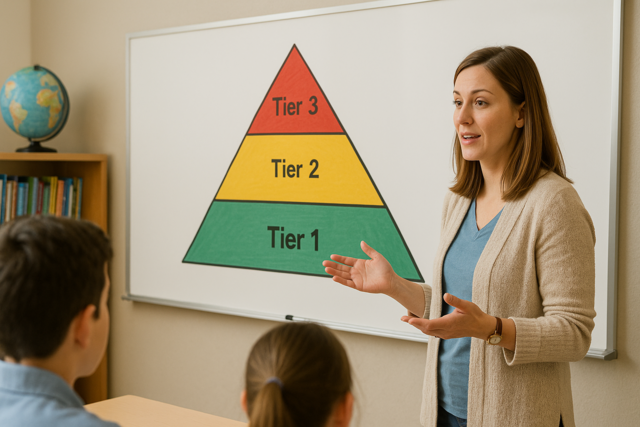 5 hours
0.5 CEUs
Implementing RTI Models in Schools
+ More Info
5 hours
0.5 CEUs
Implementing RTI Models in Schools
+ More Info
-
 5 hours
0.5 CEUs
Understanding and Reducing Bias
+ More Info
5 hours
0.5 CEUs
Understanding and Reducing Bias
+ More Info
-
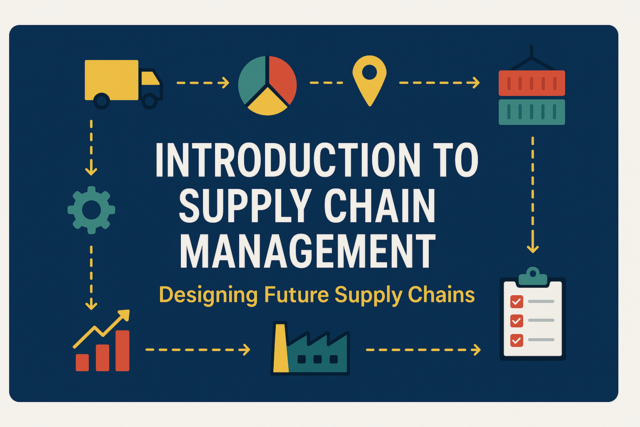 4 hours
0.4 CEUs
Introduction to Supply Chain Management
+ More Info
4 hours
0.4 CEUs
Introduction to Supply Chain Management
+ More Info
-
 5 hours
0.5 CEUs
Advanced Excel for Data Management
+ More Info
5 hours
0.5 CEUs
Advanced Excel for Data Management
+ More Info
-
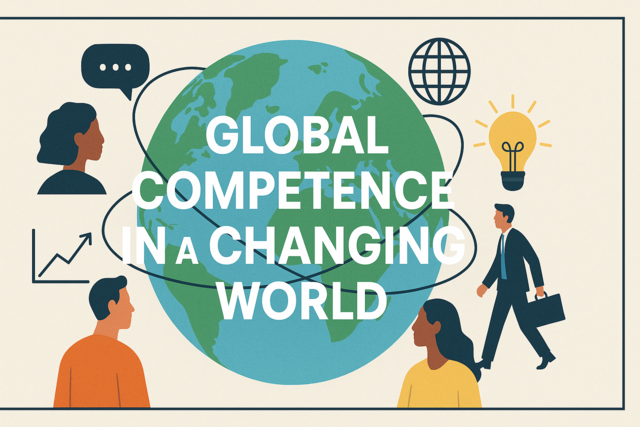 4 hours
0.4 CEUs
Global Competence in a Changing World
+ More Info
4 hours
0.4 CEUs
Global Competence in a Changing World
+ More Info
-
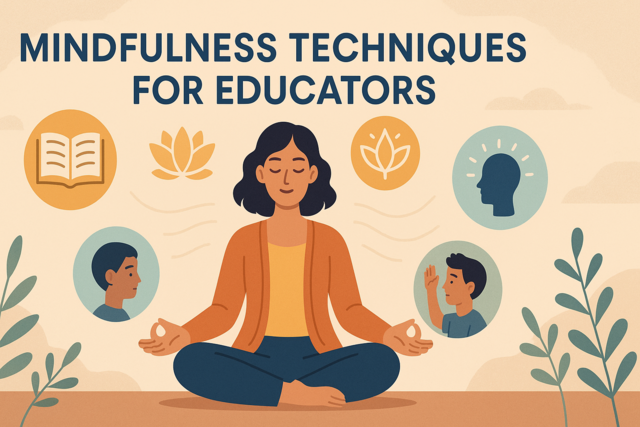 5 hours
0.5 CEUs
Mindfulness Techniques for Educators
+ More Info
5 hours
0.5 CEUs
Mindfulness Techniques for Educators
+ More Info
-
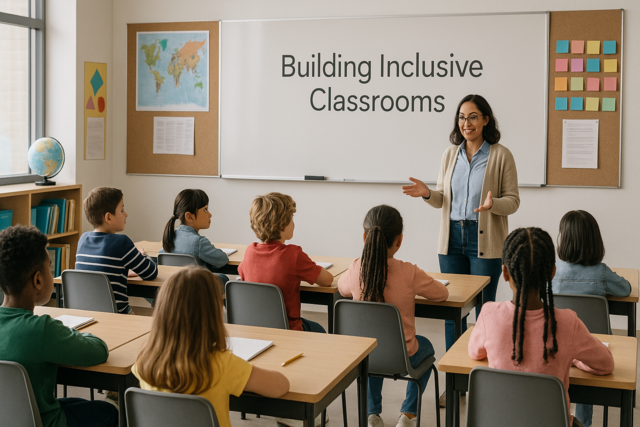 5 hours
0.5 CEUs
Building Inclusive Classrooms
+ More Info
5 hours
0.5 CEUs
Building Inclusive Classrooms
+ More Info
-
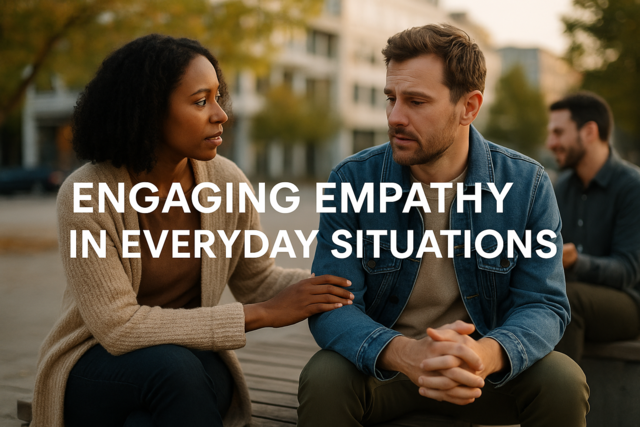 7 hours
0.7 CEUs
Engaging Empathy in Everyday Situations
+ More Info
7 hours
0.7 CEUs
Engaging Empathy in Everyday Situations
+ More Info
-
 4 hours
0.4 CEUs
The Use of Analytics in Education
+ More Info
4 hours
0.4 CEUs
The Use of Analytics in Education
+ More Info
-
 5 hours
0.5 CEUs
Coaching and Mentoring Skills
+ More Info
5 hours
0.5 CEUs
Coaching and Mentoring Skills
+ More Info
-
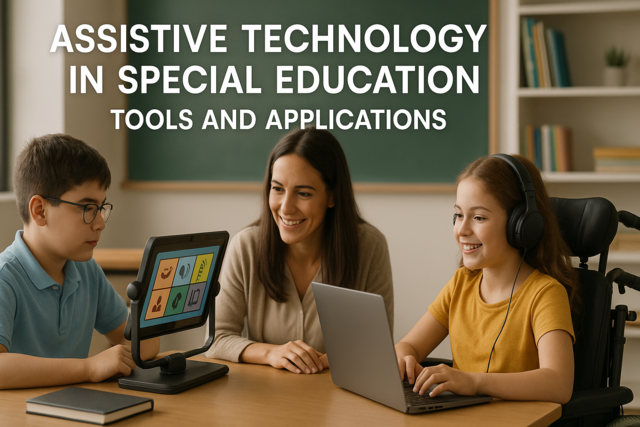 6 hours
0.6 CEUs
Assistive Technology in Special Education: Tools and Applications
+ More Info
6 hours
0.6 CEUs
Assistive Technology in Special Education: Tools and Applications
+ More Info
-
 7 hours
0.7 CEUs
Global Glam: International Perspectives on Modern Fashion
+ More Info
7 hours
0.7 CEUs
Global Glam: International Perspectives on Modern Fashion
+ More Info
-
 6 hours
0.6 CEUs
The Art of Emotional Intelligence: Building Stronger Connections
+ More Info
6 hours
0.6 CEUs
The Art of Emotional Intelligence: Building Stronger Connections
+ More Info
-
 4 hours
0.4 CEUs
Sound Healing: Vibrations for Wellness
+ More Info
4 hours
0.4 CEUs
Sound Healing: Vibrations for Wellness
+ More Info
-
 5 hours
0.5 CEUs
Advanced Communication Skills for the Workplace
+ More Info
5 hours
0.5 CEUs
Advanced Communication Skills for the Workplace
+ More Info
-
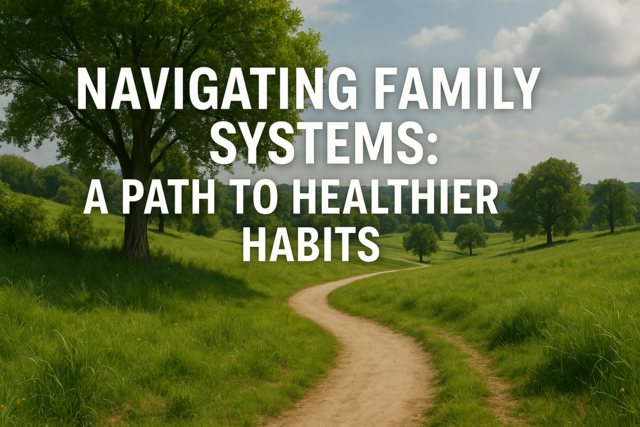 4 hours
0.4 CEUs
Navigating Family Systems: A Path to Healthier Habits
+ More Info
4 hours
0.4 CEUs
Navigating Family Systems: A Path to Healthier Habits
+ More Info
-
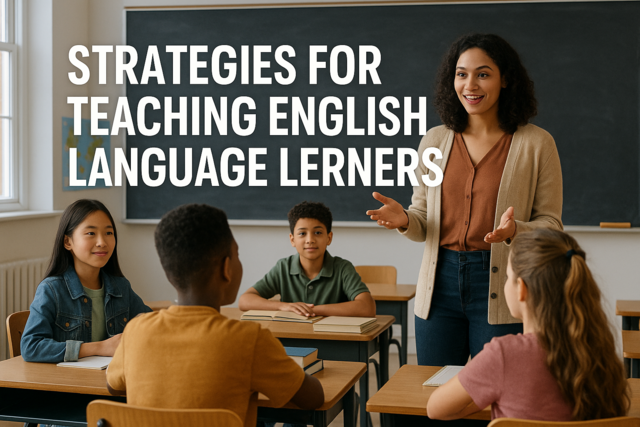 4 hours
0.4 CEUs
Strategies for Teaching English Language Learners
+ More Info
4 hours
0.4 CEUs
Strategies for Teaching English Language Learners
+ More Info
-
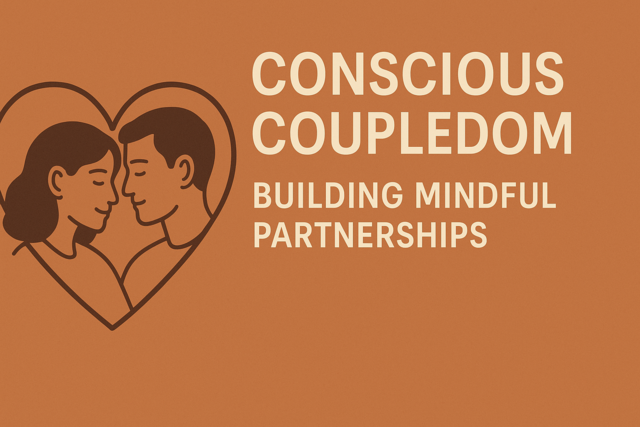 6 hours
0.6 CEUs
Conscious Coupledom: Building Mindful Partnerships
+ More Info
6 hours
0.6 CEUs
Conscious Coupledom: Building Mindful Partnerships
+ More Info
-
 6 hours
0.6 CEUs
Mysterious Forces in the Cosmos
+ More Info
6 hours
0.6 CEUs
Mysterious Forces in the Cosmos
+ More Info
-
 6 hours
0.6 CEUs
Fabric of the Gods: Materials that Define Luxury
+ More Info
6 hours
0.6 CEUs
Fabric of the Gods: Materials that Define Luxury
+ More Info
-
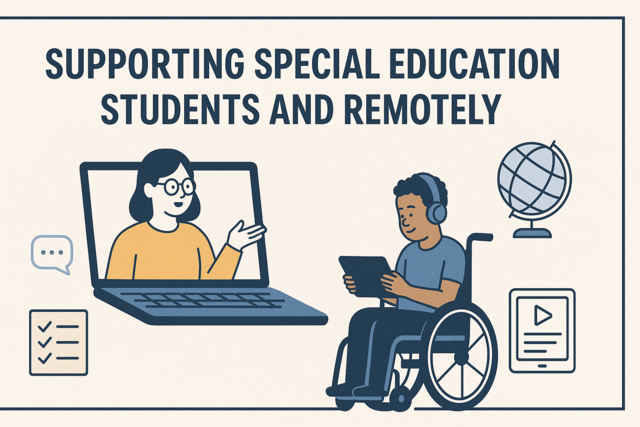 5 hours
0.5 CEUs
Supporting Special Education Students Virtually and Remotely
+ More Info
5 hours
0.5 CEUs
Supporting Special Education Students Virtually and Remotely
+ More Info
-
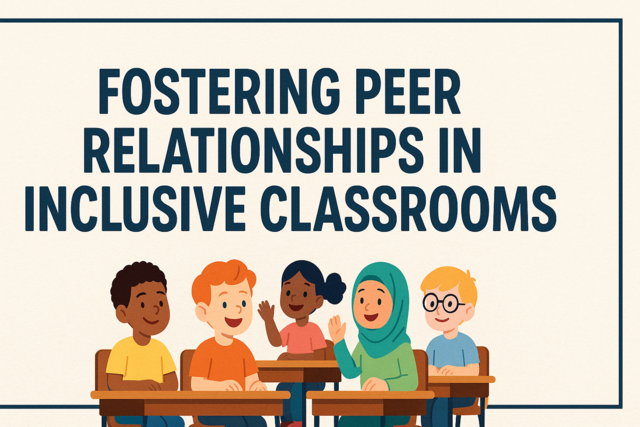 7 hours
0.7 CEUs
Fostering Peer Relationships in Inclusive Classrooms
+ More Info
7 hours
0.7 CEUs
Fostering Peer Relationships in Inclusive Classrooms
+ More Info
-
 7 hours
0.7 CEUs
Haute Couture Chronicles: Inside the World of Luxury Brands
+ More Info
7 hours
0.7 CEUs
Haute Couture Chronicles: Inside the World of Luxury Brands
+ More Info
-
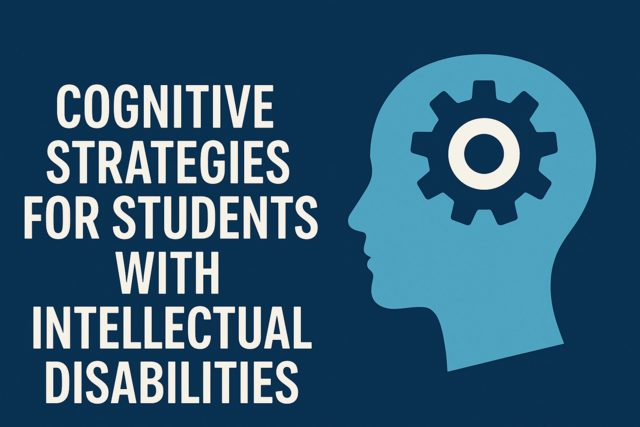 7 hours
0.7 CEUs
Cognitive Strategies for Students with Intellectual Disabilities
+ More Info
7 hours
0.7 CEUs
Cognitive Strategies for Students with Intellectual Disabilities
+ More Info
-
 6 hours
0.6 CEUs
Healing from Narcissism: Paths to Recovery and Healthy Dynamics
+ More Info
6 hours
0.6 CEUs
Healing from Narcissism: Paths to Recovery and Healthy Dynamics
+ More Info
-
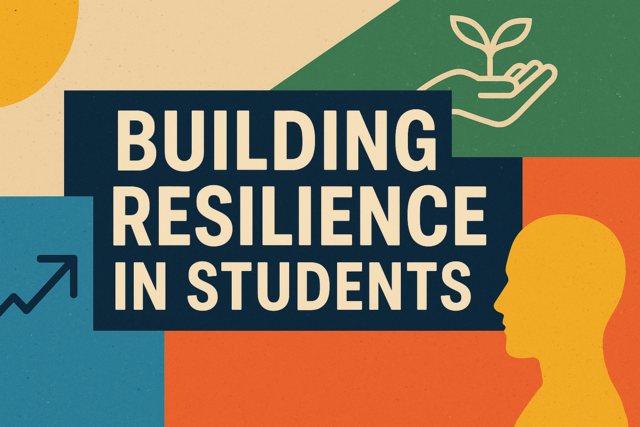 3 hours
0.3 CEUs
Building Resilience in Students
+ More Info
3 hours
0.3 CEUs
Building Resilience in Students
+ More Info
-
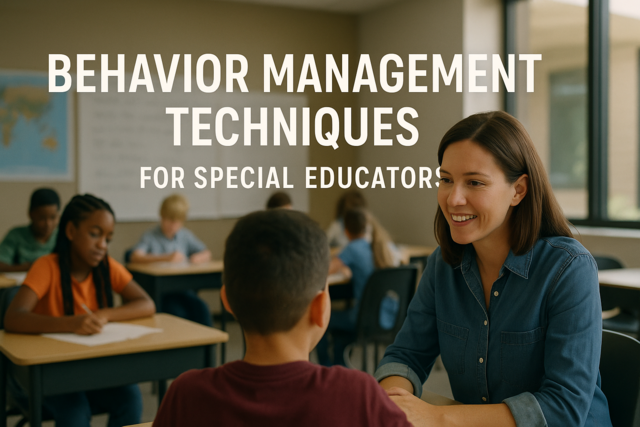 7 hours
0.7 CEUs
Behavior Management Techniques for Special Educators
+ More Info
7 hours
0.7 CEUs
Behavior Management Techniques for Special Educators
+ More Info
-
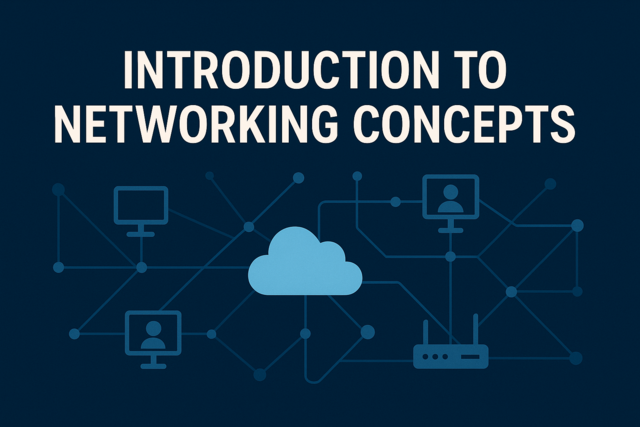 3 hours
0.3 CEUs
Introduction to Networking Concepts
+ More Info
3 hours
0.3 CEUs
Introduction to Networking Concepts
+ More Info
-
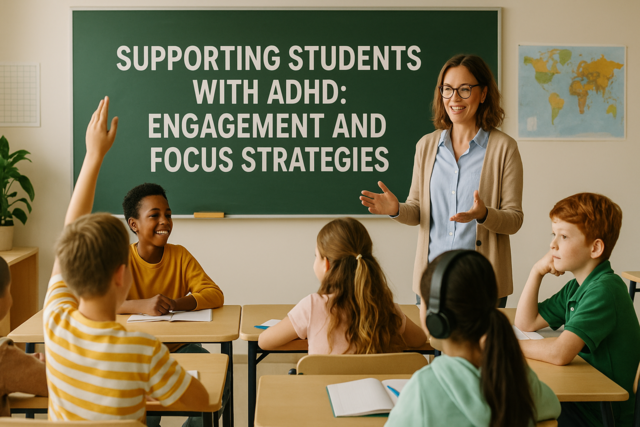 4 hours
0.4 CEUs
Supporting Students with ADHD: Engagement and Focus Strategies
+ More Info
4 hours
0.4 CEUs
Supporting Students with ADHD: Engagement and Focus Strategies
+ More Info
-
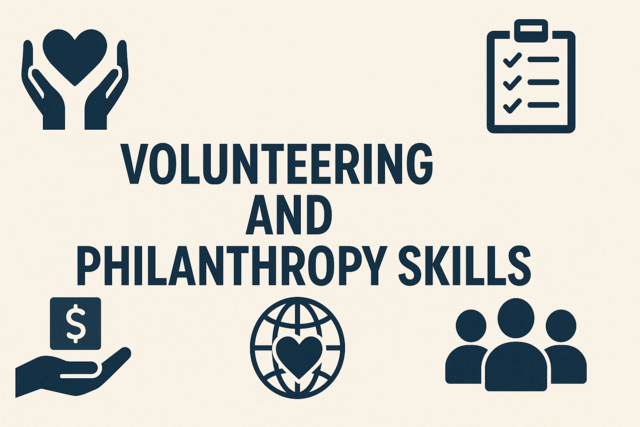 7 hours
0.7 CEUs
Volunteering and Philanthropy Skills
+ More Info
7 hours
0.7 CEUs
Volunteering and Philanthropy Skills
+ More Info
-
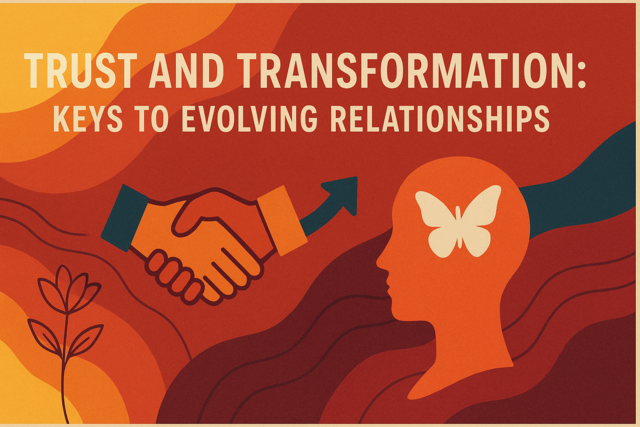 4 hours
0.4 CEUs
Trust and Transformation: Keys to Evolving Relationships
+ More Info
4 hours
0.4 CEUs
Trust and Transformation: Keys to Evolving Relationships
+ More Info
-
 7 hours
0.7 CEUs
Advanced PowerPoint Presentation Skills
+ More Info
7 hours
0.7 CEUs
Advanced PowerPoint Presentation Skills
+ More Info
-
 3 hours
0.3 CEUs
Bermuda Triangle Mysteries
+ More Info
3 hours
0.3 CEUs
Bermuda Triangle Mysteries
+ More Info
-
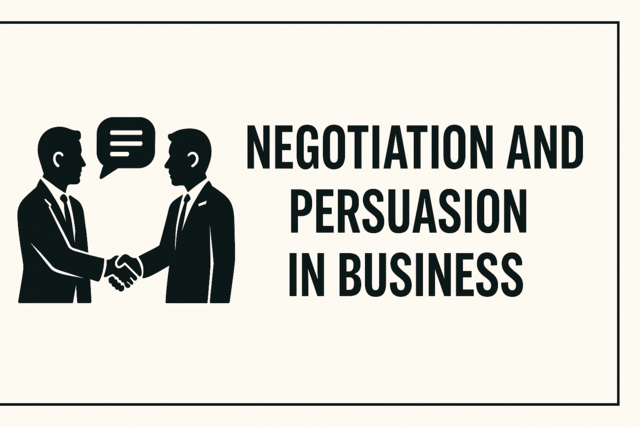 7 hours
0.7 CEUs
Negotiation and Persuasion in Business
+ More Info
7 hours
0.7 CEUs
Negotiation and Persuasion in Business
+ More Info
-
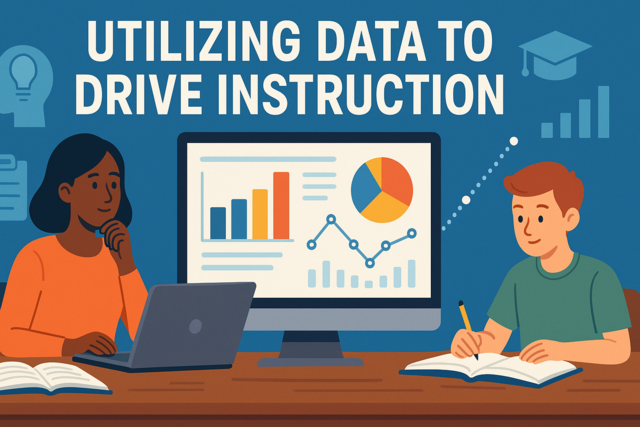 5 hours
0.5 CEUs
Utilizing Data to Drive Instruction
+ More Info
5 hours
0.5 CEUs
Utilizing Data to Drive Instruction
+ More Info
-
 7 hours
0.7 CEUs
The Unseen Energies in the Universe
+ More Info
7 hours
0.7 CEUs
The Unseen Energies in the Universe
+ More Info


